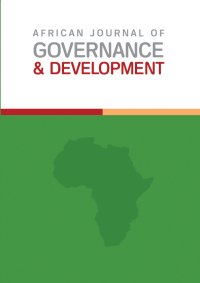Agricultural Production, Employment and Gender Vulnerability: Covid-19 Implications
Main Article Content
Abstract
South Africa responded to the Covid-19 outbreak by implementing a national lockdown aimed at slowing down the spread of the virus. While numerous businesses closed down, leading to mass job losses, essential services, including agriculture, remained open.
Agriculture, a predominantly rural/peri-urban economic activity, supports the livelihoods of vulnerable groups such as women and the youth. The sector’s contribution to South Africa’s output, however, is not only modest but also declining. This paper investigates the
relationship between production and employment in agriculture disaggregated by gender within the short and long run. Estimations of a growth model of agricultural production using quarterly data from 2008:Q1 to 2019:Q1 show that in the short run, an increase in
aggregate labour has a positive effect on agricultural production. Separating aggregate labour into male and female labour, we observe that in the short run, male labour has a positive effect while female labour has an insignificant effect on agricultural production. The estimation results further indicate that, in the long run, aggregate labour employed in the agricultural sector makes a negative contribution to agricultural production. This finding is mirrored by the contribution of male and female labour separately, to agricultural production, which is also negative and significant.
Article Details

This work is licensed under a Creative Commons Attribution-NonCommercial-NoDerivatives 4.0 International License.
